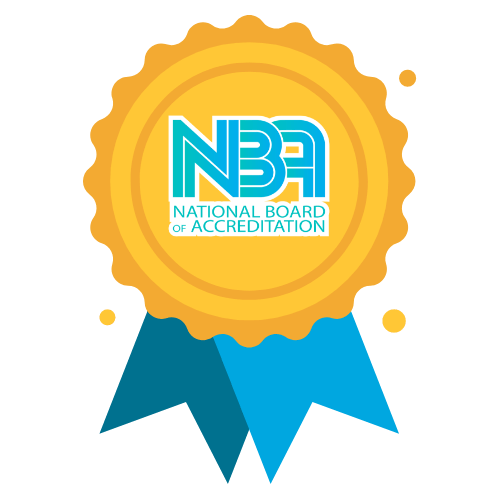Good Institution Practices (GIP)
In consonance to its Mission and shared Vision developed by its stakeholders, SIRTS-P has to singularly engage itself in the quest for improving the quality of its academic services on a continuing basis.
The quest for Quality Improvement will address the systemic components that comprise the academic services of the institution – Inputs, Processes, Outcomes and Impact.
Normally quality has to be assessed by consumers. In the case of an academic institution, consumers would be students and their parents, industry and the community. These form the recipients of the academic service.
To assess the quality, consumers will have access to certain records and observations. It is preferable that the records are in the form of Objectively Verifiable Indicators (OVIs). The indicators, when viewed in an integrated manner, will exhibit the “Quality Profile” of the institution and its performance. A list of OVIs is suggested below. The list needs to be validated. A semester-wise construct of the quality profile will indicate periodic improvements and the gradual progression of the Institution. The MOVs are in fact the sources or the records from which the OVIs can be obtained or measured or observed. In the case of this institution or centre, it will be primarily the MIS, course files and some department and office records.

